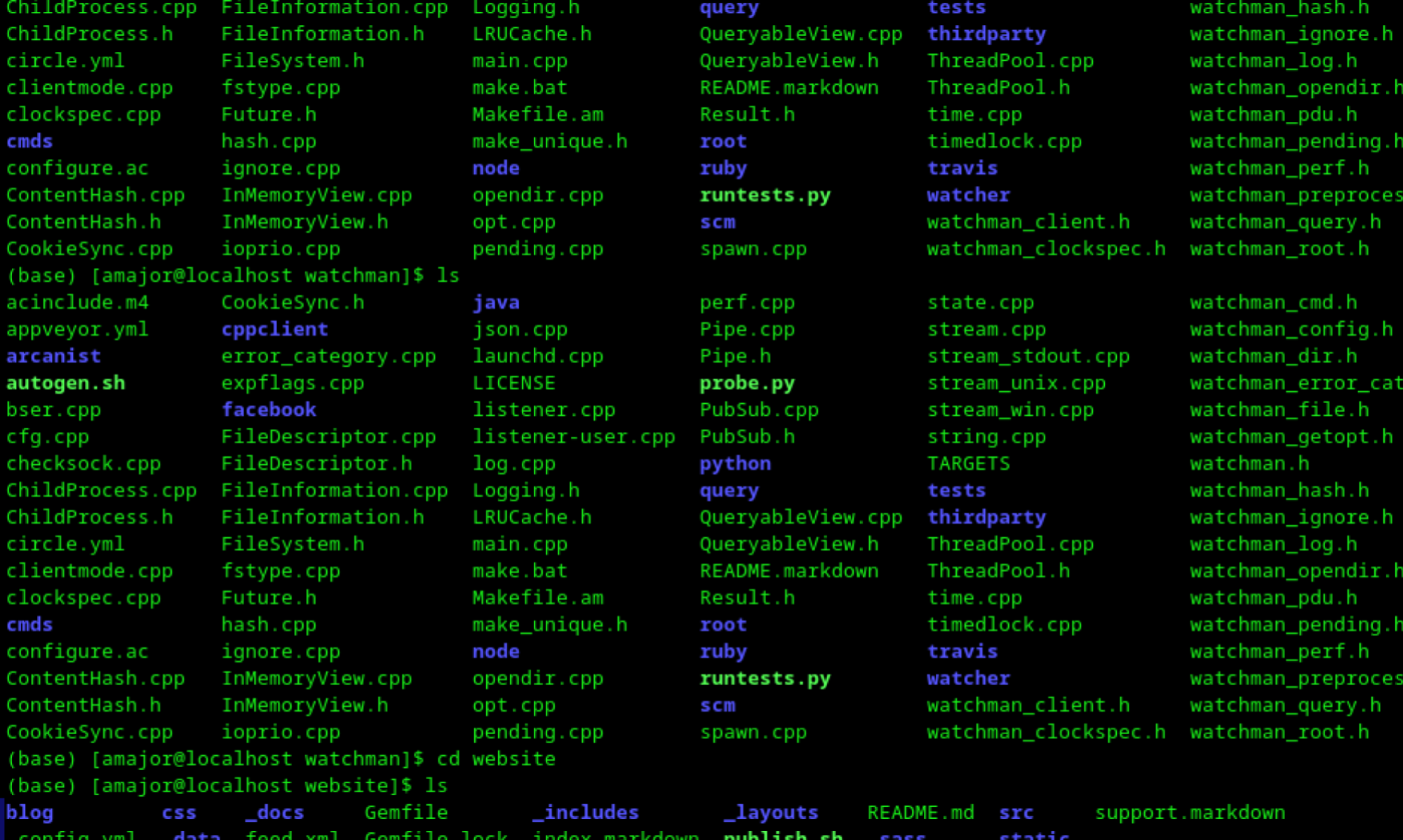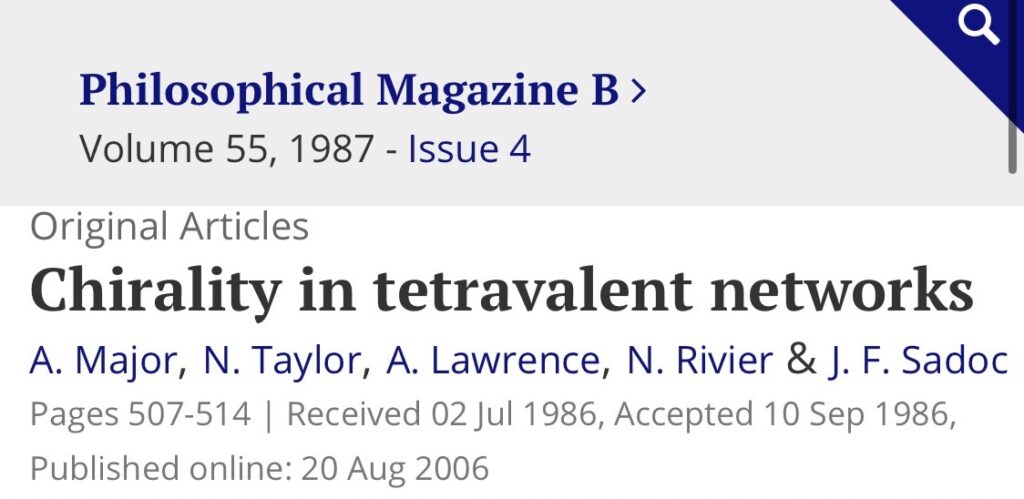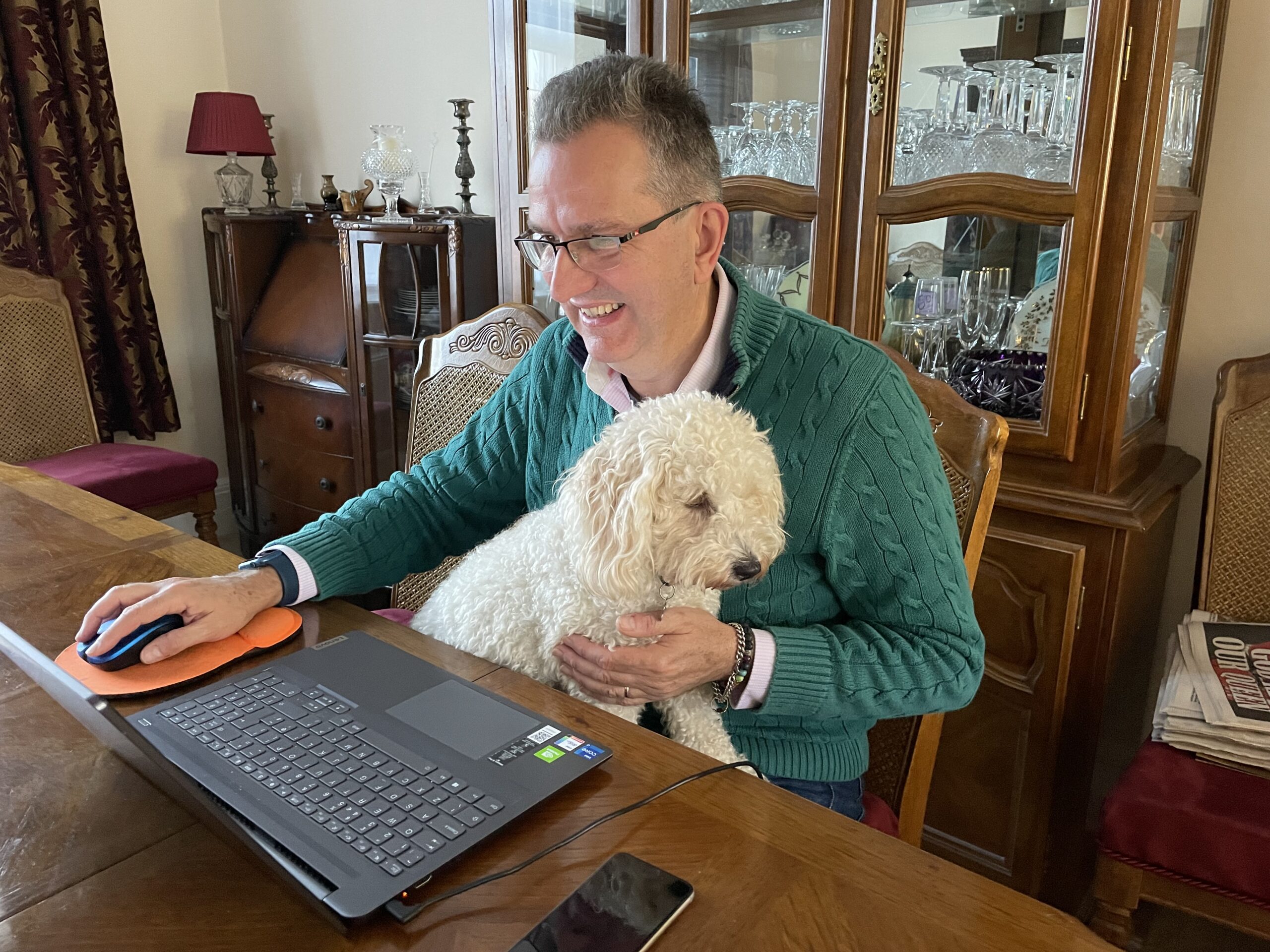
On a recent hospital visit, I popped into the coffee shop in the foyer to pick up a drink for my wife on my way up to the ward. As I waited to be served, an elderly lady ahead of me in the queue was attempting to pay for a small pack of biscuits with cash, only to be told that they were still only accepting card payments. “But I haven’t got a card,” she objected. “I’m sorry but we haven’t got a till for cash,”came the reply, clearly expecting her to walk away. “But I’ve been here all day visiting my friend; I haven’t even had any breakfast.”
It didn’t appear that any resolution was imminent, so I asked the cashier if the biscuits could be added to my order (this isn’t about me though, there were any number of people behind me in the queue waiting to do the same). At first, I think the lady thought I was trying to take her biscuits from her, not wanting to have to bother picking up my own, but when she realised what was happening, she smiled and said: “Oh, thank you, I’ll have a vanilla latte, that’s terribly kind of you.”
The cashier looked slightly surprised when I nodded in agreement to the extra order, but then the barista who was by this time steaming the milk for my wife’s drink, said just loudly enough to be heard: “Is that a large one…?”
A ripple of smirks made it’s way around the shop, and I must admit my naughty side found it hard not to smile at the time. The lady, who didn’t seem to have heard the remark, waited patiently for her drink, then smiled again and said: “Well that’s your good deed done for the day! Thank you, young man.” (I have to say, I’m not often called young man since passing the age of fifty).
Later that evening, as I reflected on the events of the day, a couple of unexpected thoughts cropped up on the subject of asking for and receiving help.
Firstly, I’m sure I’m not alone in being able to recall situations in the past where I was I in need of help but anything from embarrassment and awkwardness through to sheer stubbornness prevented me from making the request; in fact I’m sorry to admit I can even think of a time where an unsolicited offer of much-needed help disposing of a large piece of furniture at the local dump was politely refused, resulting in a completely unnecessary muscle strain.
In all seriousness though, it’s an important skill not only to be able to identify when you need help with something, but also to go on to actually ask for it, or be able to accept it when offered. The elderly lady in the coffee shop could easily have refused the biscuits, or accepted them but not mentioned a hot drink when clearly she wanted one, but she had the sense to say what she needed; for all I know she might have been facing an exhausting journey home after that long day keeping a sick friend company, but she knew what she needed and wasn’t afraid to ask.
Secondly, if you’re prepared to make an offer of help, you should also be prepared to accept that what is needed may not be what you originally thought it would be, and it’s ok for the person to let you know what they do actually need; even if you can then only help with some part of it, you may have useful insight into how to tackle the rest.
It’s a good idea to keep in mind though, that you never know when you might need that offer of a vanilla latte yourself.


